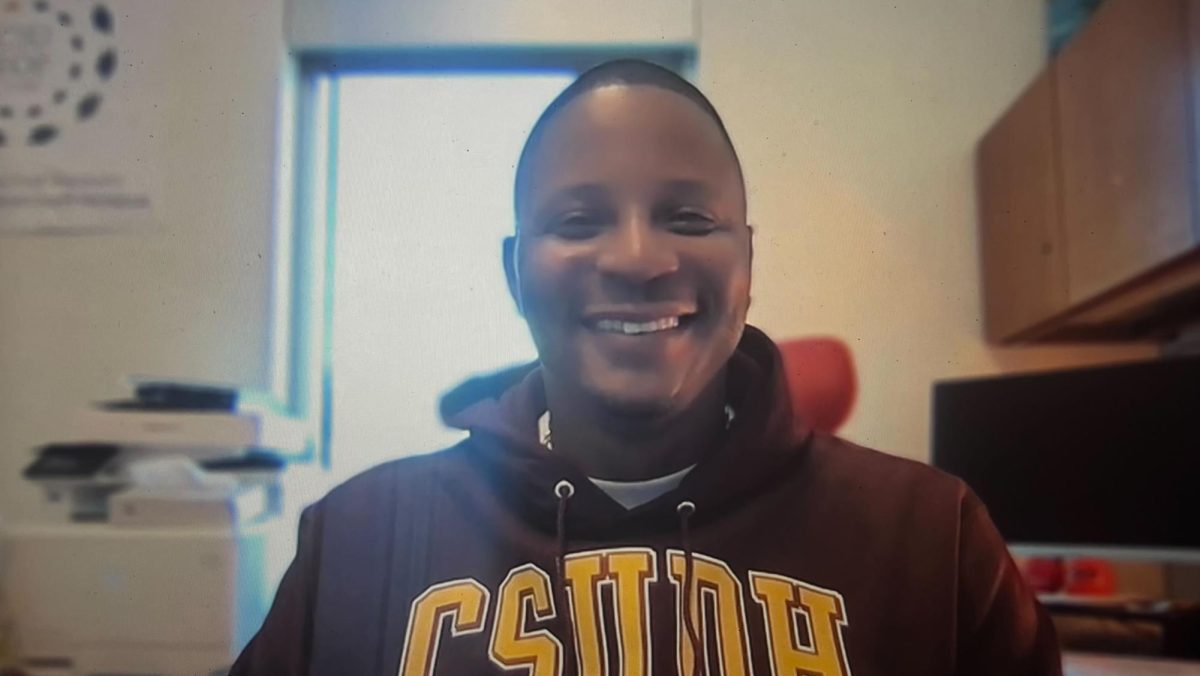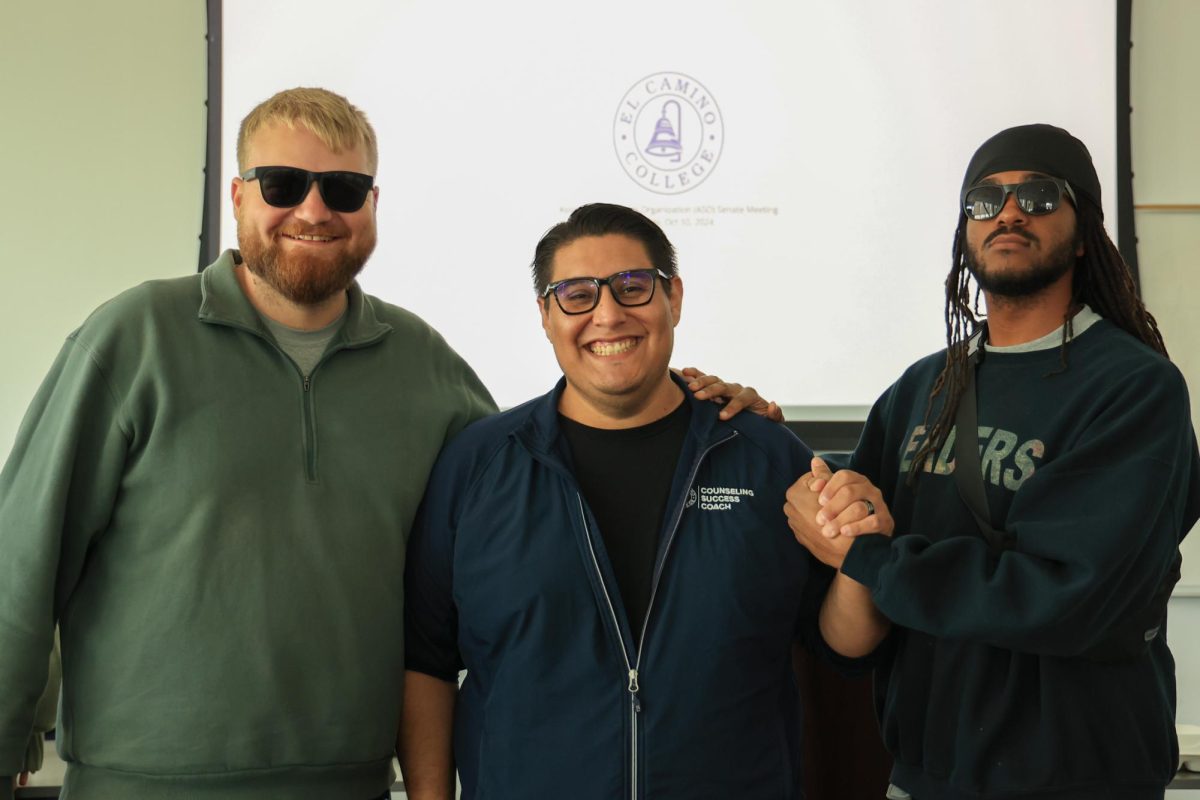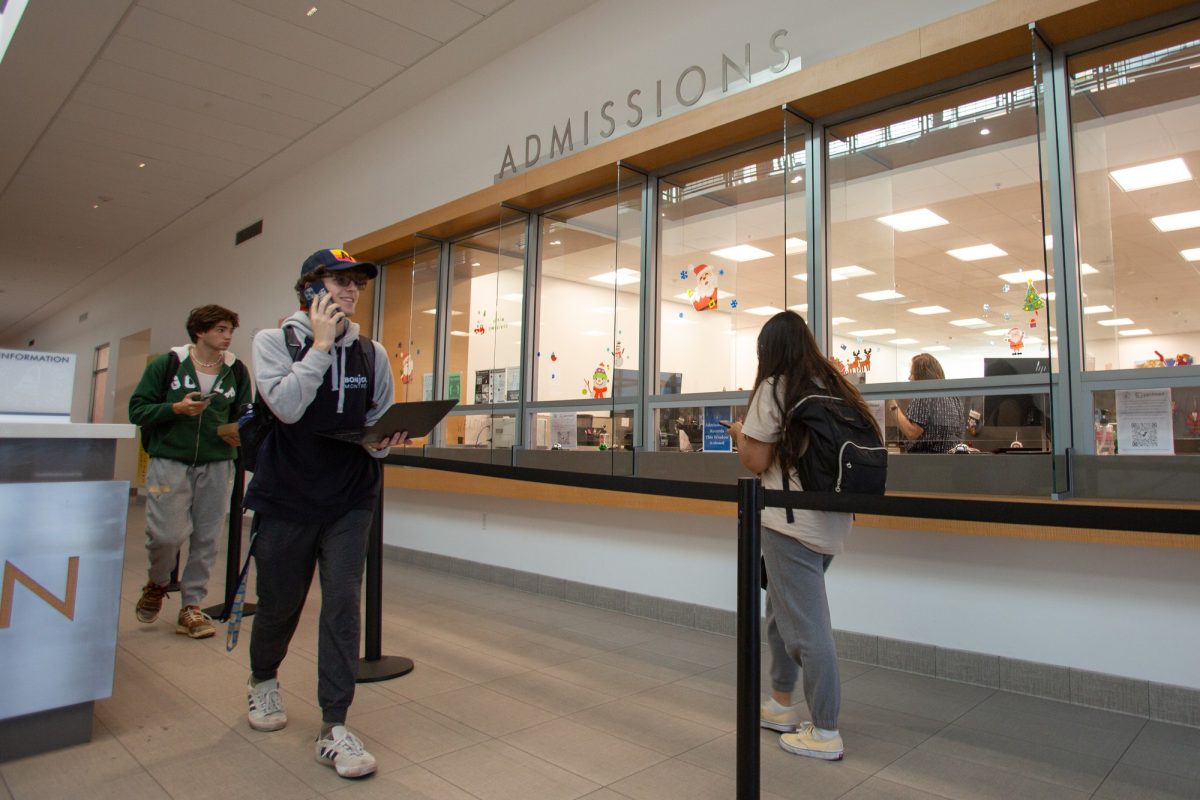With college education costs increasing, community colleges are focusing on ways to provide students with degrees at a lower cost.
One program that is doing just that, will begin in Tide Water Community College and will focus on textbook-free degrees and the potential low costs for students.
“If it allows students to spend less money then of course most students would definitely be open to this,” Greg Thompson, 19, undecided major, said.
While the program will focus on business administration students to test out the project as a whole. The idea is to allow another option which would eliminate the use of textbooks which would significantly cut costs for students. There will be one section for twenty one different courses that this project will start with.
This innovative idea has come to life at TCC by being able to partner with Lumen Learning, a company that integrates the use of open education resources(OER) with school curriculum. OER which are freely accessible and include open licensed materials such as video, presentations and text will be used by the students.
Textbook-free degrees may sound good but there are a few issues and questions that arise with the overall concept of the project. Whether or not all students will be able to fully participate due to not having internet access. Whether students will be able to access the materials down the road in other courses they may take.
While there is yet no talk on this kind of educational program coming to EC, students and faculty are considering both the advantages and disadvantages that this, along with any new program might bring.
“Yes. There are advantages but it will require you to have internet access and a computer,” Alice Grigsby, director of learning resources, said. “The reality is all students don’t have access to very fast internet and some students will be at a slight disadvantage, especially trying to work from home.”
Students who aren’t able to access the Internet or even have a computer at home will not be completely in favor of this project but they can still agree on the overall advantages to the majority of students.
“I don’t think people realize not everyone has access twenty four seven to computers and internet so for some students a course like that would be difficult,” Eric Wright, 23, business major, said. “As a whole, yeah its a great idea, it’s better than spending tons of money on textbooks, but there is always a minority.”
Aside from the technological disadvantages that students would face, at least in the minority aspect, there are still those who do prefer having physical copies of their books. Having physical copies of textbooks has its advantages as well.
“I would love not to spend so much money on textbooks but certain books are good to have around, especially if you make notes within the book I learned that it makes it easier to remember things,” Martha Ramirez, 22, sociology major, said.
Being able to refer back to your textbook is something that most students would find to be an advantage of having a physical textbook rather than an internet resource.
“Most students keep their textbooks because you use them to refer to later,” Grigsby said. “Sometimes you have that base book you always go back to because it has good descriptions, good definitions and good explanations.”
While a program such as the one TCC will be launching this fall has great advantages, it also has disadvantages. However the main issue is that it is in the testing stages, and that leaves an uncertainty of how things will actually turn out.
“The problem is this hasn’t been fully implemented, so it is a question about how successful it will be,” Grigsby said.








